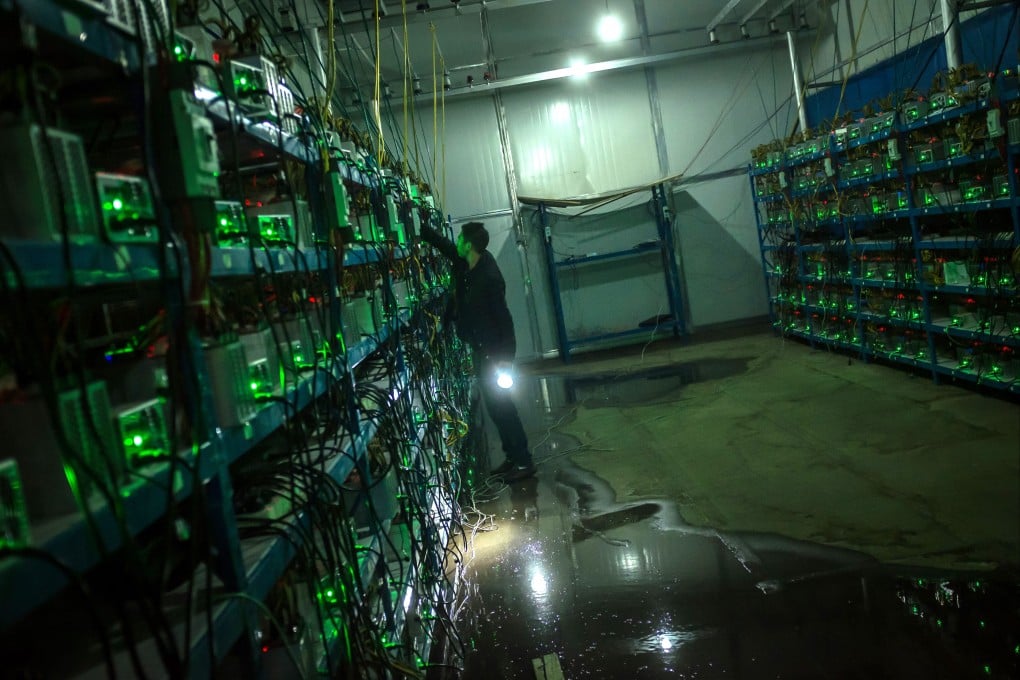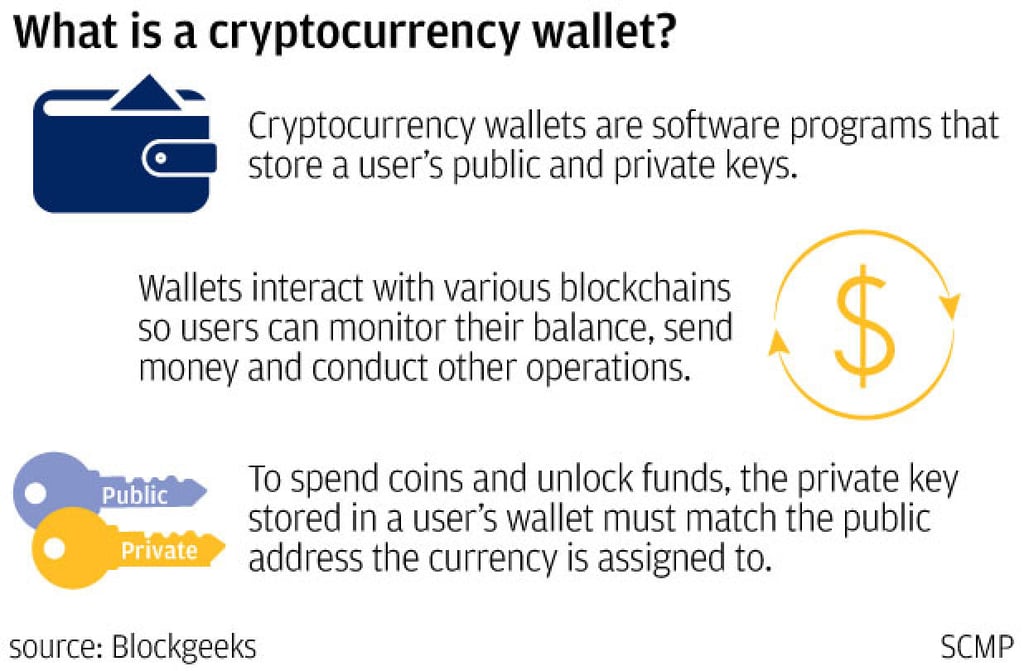China’s bitcoin crackdown pushes miners out of Xinjiang, Qinghai as Baidu and Weibo censor related internet searches
- Qinghai province and the western Xinjiang region have ordered cryptocurrency mines to shut down amid an ongoing bitcoin crackdown from Beijing
- China’s dominant internet search engine Baidu and microblogging platform Weibo also censored searches for three major cryptocurrency exchanges

The provincial industry and information technology authorities in Qinghai ordered bitcoin mines to shut down on Wednesday and banned companies from providing related projects with land and power, according to a notice cited by state-owned Xinhua News Agency. The notice was issued after Chinese President Xi Jinping visited the province, where he emphasised the importance of environmental protection.
Meanwhile, searches for Huobi, Binance and OKEx – three major cryptocurrency exchanges – appeared to be blocked on Baidu and the microblogging platform Weibo on Thursday, in a sign that Beijing’s crackdown is also expanding online.

While the names of the exchanges alone returned no search results on the platforms, searching for other terms and topics that included their names still pulled up results on Baidu. The searches “official site of Huobi”, “Huobi download” and “is Huobi legal” were all still showing results on the search engine as of Thursday afternoon.
It is not clear when the platforms started blocking the search terms, but some Chinese media reports about the censorship had been published by Wednesday evening.